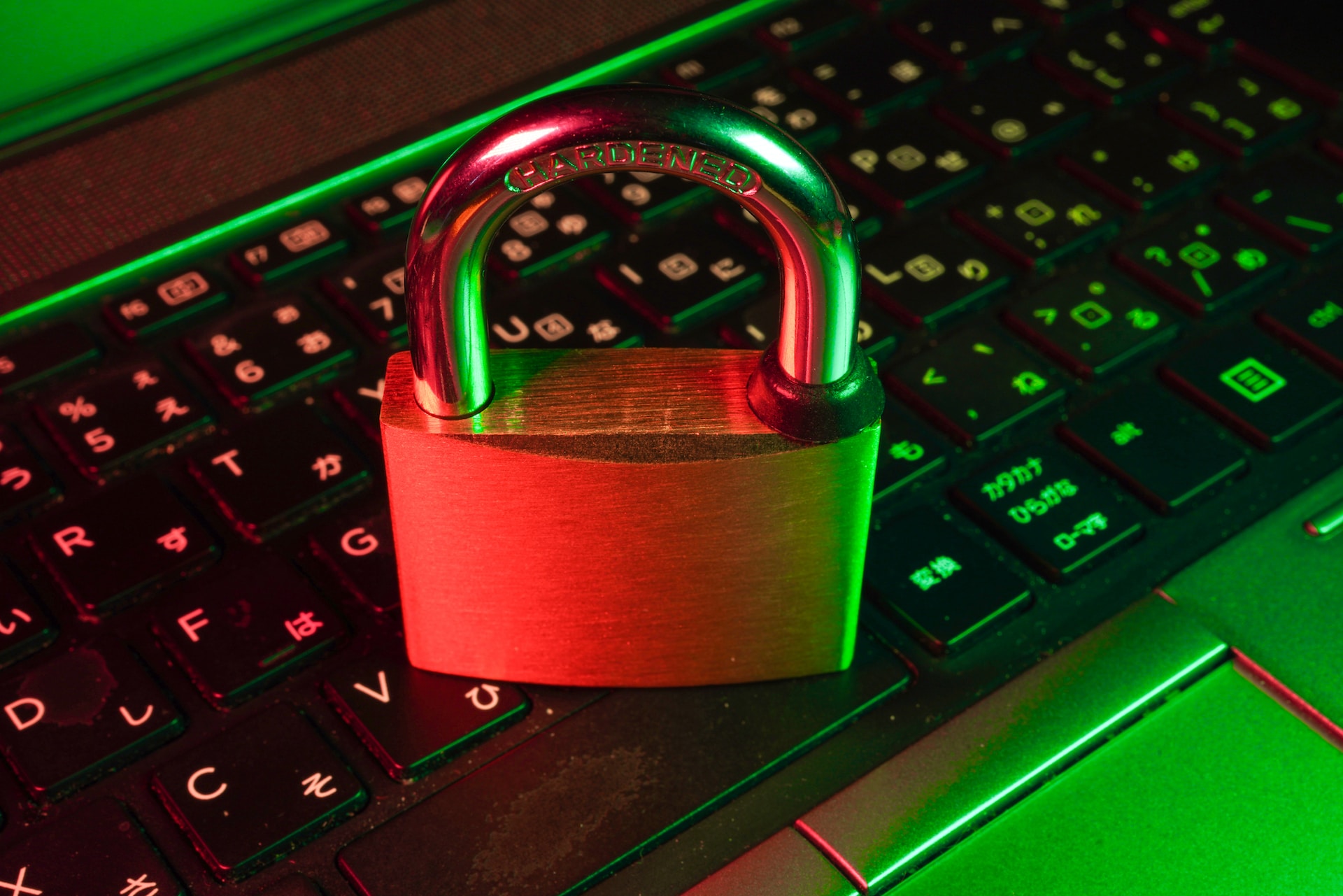In today’s world, where most of our personal and professional lives are spent online, personal online security has become more critical than ever before.
Hackers and cybercriminals constantly look for ways to steal personal data and sensitive information. It is essential to take steps to protect ourselves.
Here are six simple steps that you can take to increase your personal online security.
Create strong passwords
The first and most crucial step in online security is to create strong passwords.
Use a combination of upper and lower case letters, numbers, and symbols to create a unique password for each account. Avoid using common phrases, words, or easily guessed information like birthdays or pet names.
Also, consider using a password manager to generate and store complex passwords securely.
Enable two-factor authentication
Two-factor authentication adds an extra layer of security to your accounts by requiring a second form of identification, such as a code sent to your phone or email, in addition to your password.
Enable two-factor authentication wherever possible, particularly for sensitive accounts such as your email, bank accounts, and social media.
Keep software up-to-date
Keep your operating system and software up-to-date with the latest security patches and updates.
These updates often include fixes for known security vulnerabilities that hackers can exploit to gain access to your system or data.
Use a virtual private network (VPN)
A VPN encrypts your internet traffic, making it harder for hackers to intercept and access your online activity.
Using a VPN is particularly important when accessing public Wi-Fi networks, such as those found in coffee shops, airports, and hotels.
Be cautious of phishing scams
Phishing scams are a common way that hackers trick people into revealing their personal information.
Be cautious of emails or messages that ask you to click on a link or provide personal information. Always double-check the sender’s email address and be wary of unsolicited messages.
Limit personal information sharing
Be mindful of the personal information that you share online. Avoid sharing sensitive information such as your Social Security number or credit card information unless it is necessary.
Also, be cautious of social media sites and their privacy policies. Limit the amount of personal information you share on these platforms.


